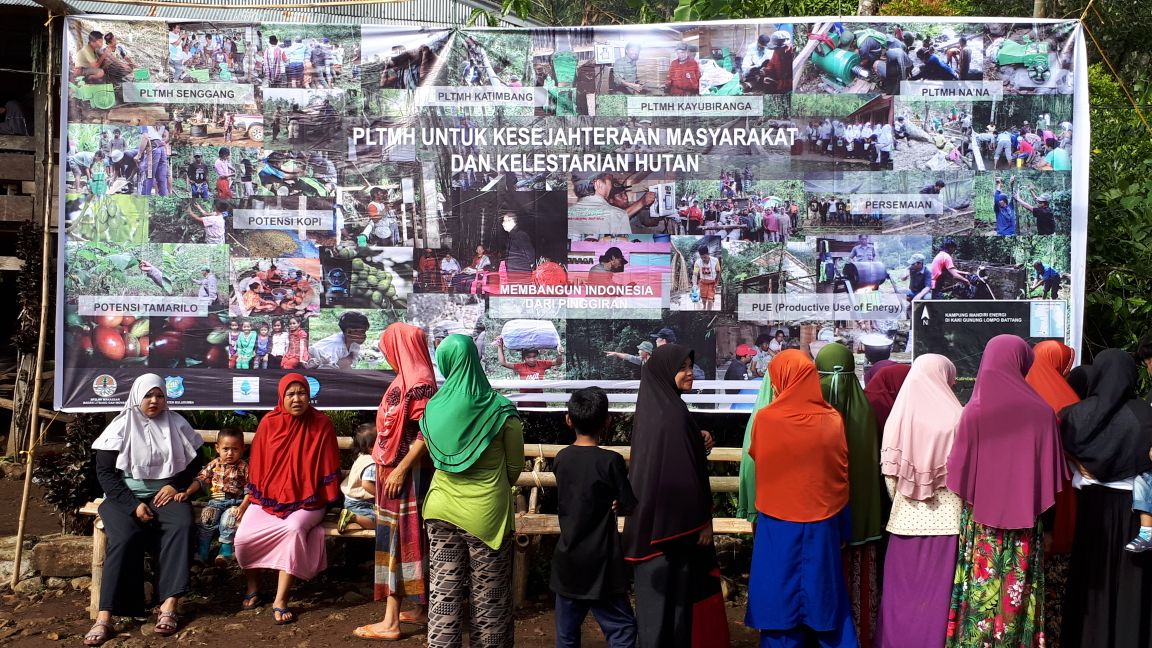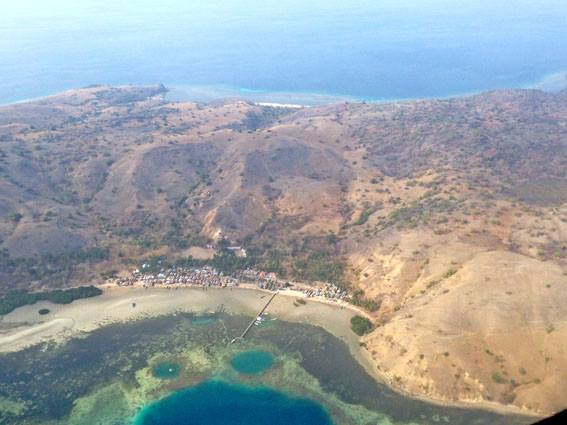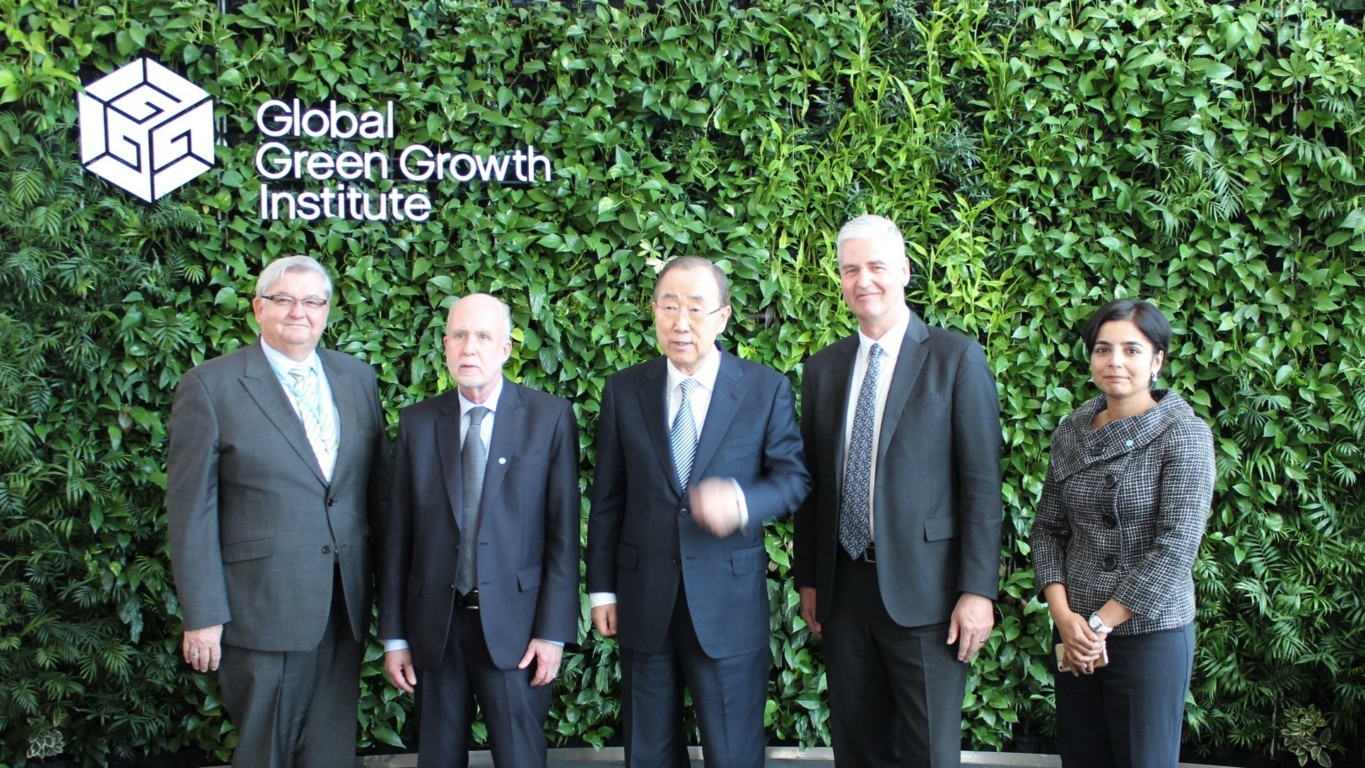GGGI and Indonesian partners launch green growth reports to support inclusive, sustainable development in Central Kalimantan
PALANGKA RAYA, Indonesia–08 June, 2015 – National, provincial and district government officials and development stakeholders today unveiled a collection of strategic green growth reports during the Consultation Meeting on Economic Analysis of Kalimantan’s GDP in 2015.
Each of the five green growth documents provides unique assessments of green growth opportunities in the Indonesian province of Central Kalimantan, and outlines clear steps to be taken in order to build local, sustainable economies that deliver green growth in the province for the benefit of all its inhabitants.
The documents were developed as part of the Government of Indonesia’s partnership with the Global Green Growth Institute (GGGI), which includes Central Kalimantan as one of the pilot provinces.
“Ensuring long-term economic development in Central Kalimantan, that is both environmentally sustainable and equally benefits all, requires a balanced alignment between our GDP targets and the management of the ecosystems that underpin our economic sectors,” said Mr. Achmad Diran, Vice Governor of Central Kalimantan who opened the meeting on behalf of Governor Mr. Teras Narang. He added that, “The assessments, lessons learned and priority areas identified in these reports will allow us to design and implement effective strategies so that we may build on the progress made to date.”
The meeting in Central Kalimantan was attended by over 300 participants, including the Head of the Central Bureau of Statistics, Dr. Suryamin, and the Assistant Director-General of GGGI, Mr. Per Bertilsson, who said: “Today’s release of these reports further illustrates the success and depth of the collaborative Green Growth Program in Indonesia. GGGI looks forward to implementing these strategies in continued partnership with the Government of Indonesia so that we may drive inclusive, sustainable growth throughout the country.”
Two of the documents launched today, the Green Growth Strategies of Murung Raya and Pulang Pisau districts, outline interventions that will help strengthen the performance of key economic sectors, encourage greater community-based management of resources and preserve the valuable ecosystems that inhabitants depend upon.
The Green Growth Assessment reports showcase the results of an Extended Cost Benefit Analysis (eCBA) tool, which identifies the monetary values of public goods, environment externalities and social returns associated with projects. These reports estimate the net benefit to the people of Central Kalimantan of restoring a peatland areas well as deploying renewable energy projects.
The fifth document, the Central Kalimantan: Moving toward green growth report, reviews the provincial government’s existing initiatives to support sustainable growth in Central Kalimantan and identifies key strategic issues that need to be addressed in the province’s next mid-term development plan.
The Green Growth Program in Indonesia, launched in 2013, is a collaboration between GGGI and the Government of Indonesia, led by the Ministry of Development Planning (BAPPENAS).




